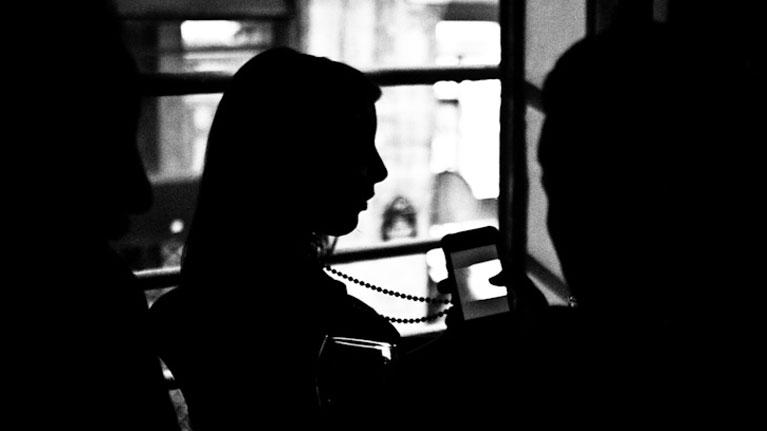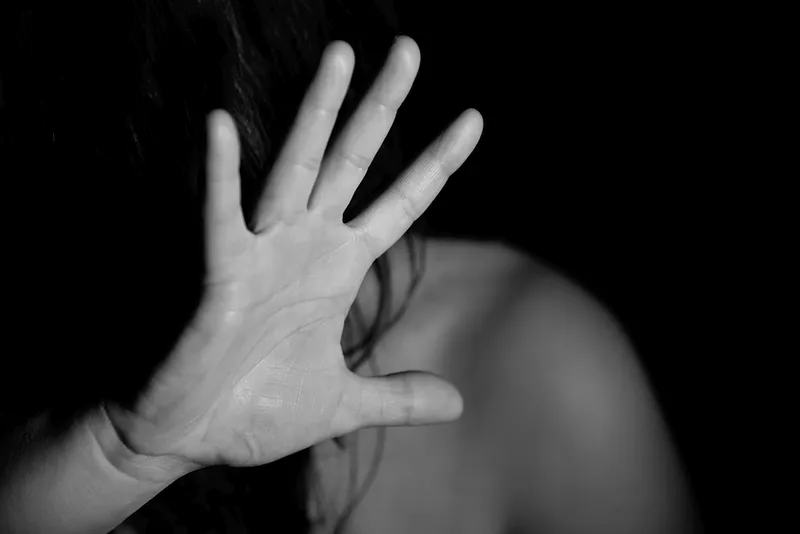Ties That Strain

Common forms of dysfunctional families include communication breakdowns, lack of empathy and unresolved conflicts. These dynamics may lead to a range of issues such as strained parent-child relationships, emotional neglect or even more severe problems like substance abuse or domestic violence.
Understanding these common forms is essential for recognizing and addressing the complexities within dysfunctional family structures.
“They take everything good that happens or something I enjoy and use it to get something out of me or bring me down,” senior McClure said. “I used to be in band and loved music. I wanted to go to New York to be a music major, but my parents said I wasn’t smart enough or good enough for a pristine college in New York.”

Dysfunctional families, characterized by poor communication, unhealthy dynamics and emotional instability manifest in various common forms. A commonly known form involves neglectful parents who fail to provide essential emotional or physical care for their children. Another form revolves around authoritarian households, marked by strict rules and a lack of open dialogue.
Substance abuse within families also contributes to dysfunction, creating an environment fraught with instability.
“When I moved out, I already cut a lot of ties they had on me, but over time I just had more and more ties,” McClure said. “I’m trying everything in my power to get rid of that power they have over me so they can’t use it against me. Once they have no more ties, they have nothing against me, I’ll finally be free and I can leave them forever.”
In families facing dysfunction, love often comes with conditions, linked to meeting certain expectations. This creates a pattern where individuals seek approval by conforming to set norms, but in doing so, trust and authenticity within the family start to crumble. Picture it like a puzzle where everyone is trying to fit into specific pieces, and the more they conform, the less room there is for genuine emotions. It’s like wearing a mask to be accepted. This can make it tough for family members to express their true feelings or be themselves without fear of judgment.

“There was nothing I could have done to make it better, so I just minded my own business and tried to better myself,” McClure said. “When my family saw that I was bettering myself, they only dragged me down, so I moved out.”
Dysfunctional families within a controlling environment often experience strained relationships due to a lack of freedom. The controlling dynamics may manifest through strict rules, manipulation or excessive expectations which creates an oppressive atmosphere. Family members may struggle to express individuality which fosters long-held resentment.
This environment can limit personal growth and contribute to emotional distress.
“My mother yelled at me that she hated me, shortly after when it was my birthday, my parents agreed that if I cleaned the entire house I could go to my (at the time) girlfriend’s house,” McClure said. “When I cleaned, they said they didn’t want me to go anymore, and then neither of them ended up saying happy birthday that whole day. I will never forget that.”
Generational trauma in dysfunctional families involves the transfer of psychological wounds and detrimental behaviors from one generation to the next. Rooted in unresolved issues like addiction or abuse, this cycle of emotional neglect and harmful exposures affects the most in childhood. The repercussions include challenges in forming healthy relationships, mental health issues, and a propensity for destructive behaviors.

“My father would constantly dump his feelings about how miserable my stepmother made him,” McClure said. “My dad has dreams for a job and wants and is trying to pursue it, but my stepmother would spend all the money on going to the bar because she sees all of this extra money.”
Dysfunctional families often deal with the consequences of poor communication. Unspoken tensions and a lack of open dialogue create an atmosphere of misunderstanding and unresolved issues. Family members may feel unheard or struggle to express their feelings, leading to a cycle of conflict and strained relationships. In such an environment, the absence of effective communication becomes a barrier to emotional connection and mutual understanding.
“I don’t necessarily have a parent figure, I had to grow up to be an adult at like 15/16,” McClure said. “At the moment it hit me that at the age of 17, I should not have a thousand dollars in bills, and be working 40 hours a week while still in school.”
Breaking free from the challenges of dysfunctional families requires recognizing patterns, seeking professional help and establishing boundaries. While these steps can foster personal growth, it’s important to acknowledge that not everyone has the same opportunities to escape. Economic constraints, social isolation and mental health barriers can pose significant obstacles. As a society, fostering empathy and providing accessible resources is crucial to support individuals facing these challenges.
“Not a lot of people are as lucky as I am to have another household be able to take them in,” McClure said. “There’s not a lot who would want to share their story, because they’re too scared that if they do, their family will find out and make it worse for them. But they have no legal rights and can’t do anything to me anymore. I’m glad I got away from them.”
Your donation will support the student journalists of Joshua High School. Your contribution will allow us to purchase equipment and cover our annual website hosting costs.






